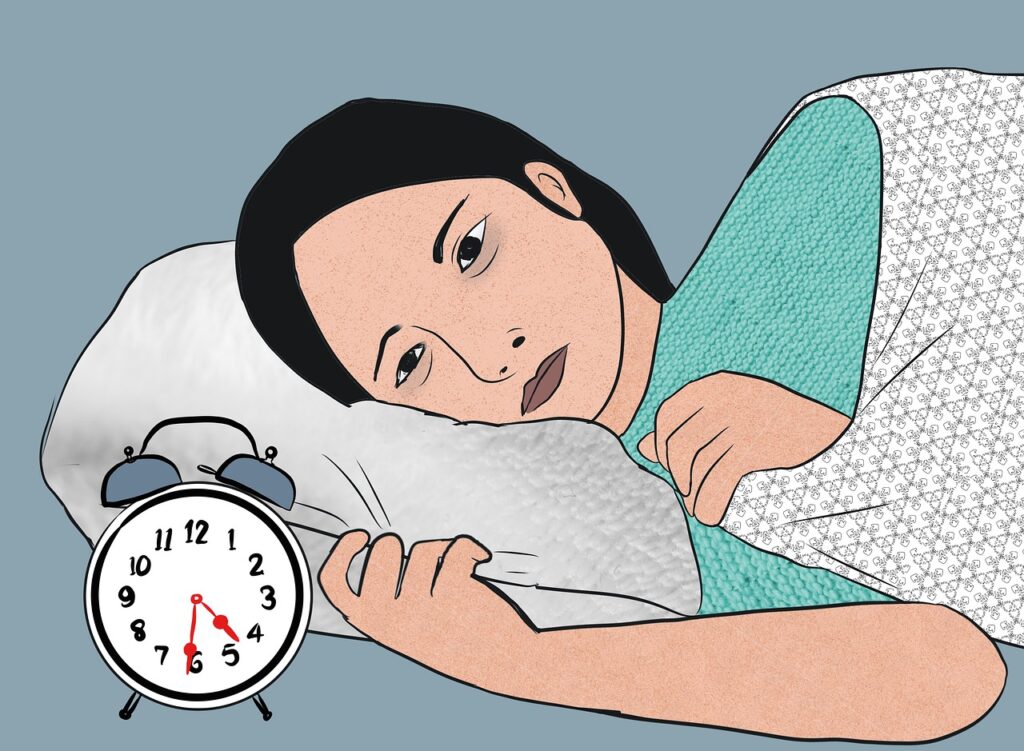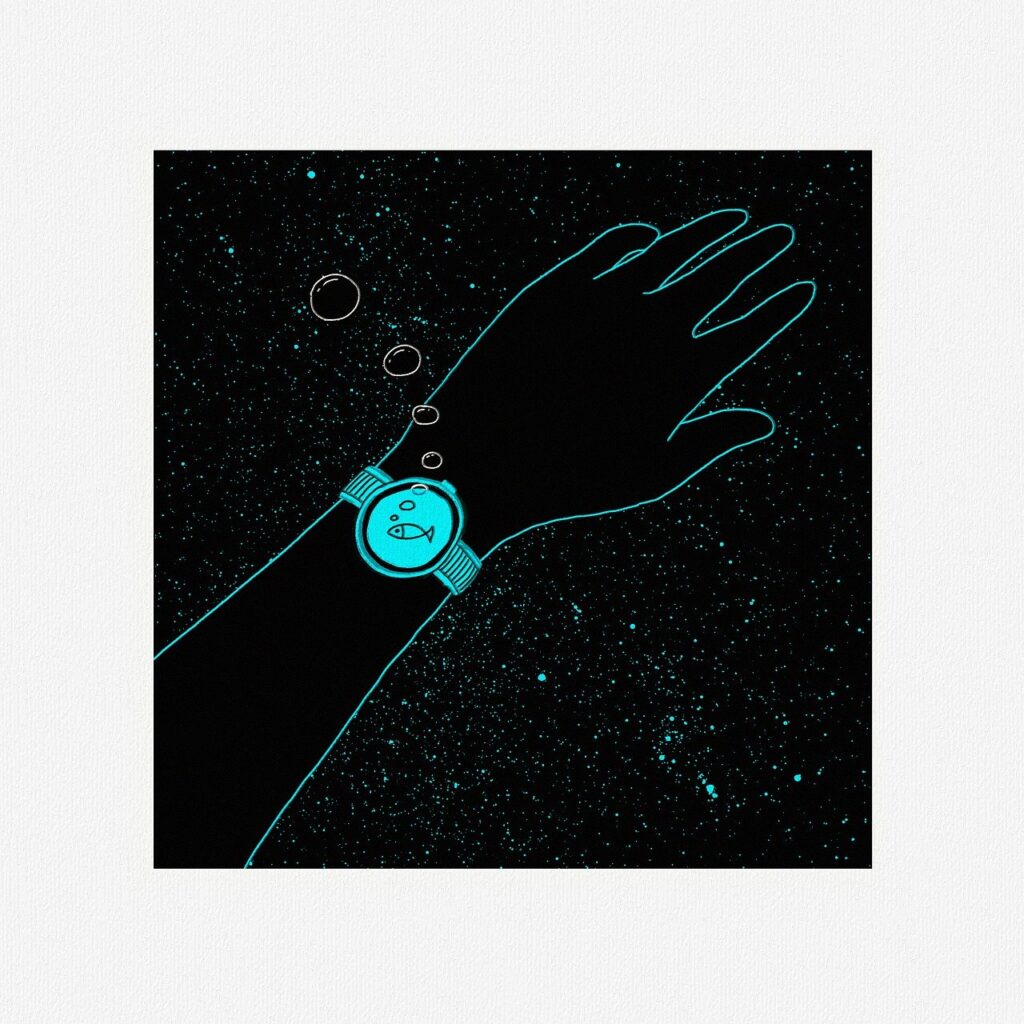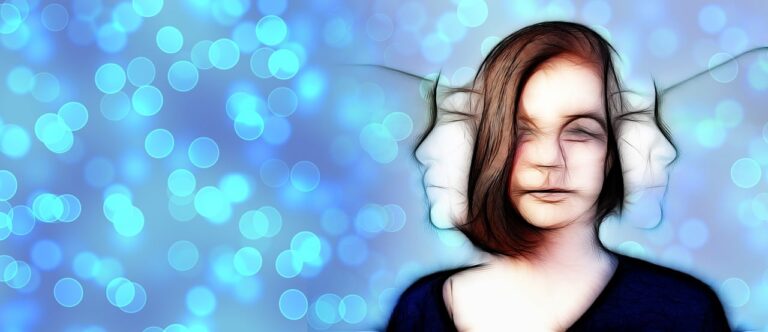Is Sleep Disorder A Mental Illness?

Navigating the complex relationship between sleep and mental health has always been a challenge, and you’re right to wonder if sleep disorders fall under the category of mental illness. With today’s lifestyle speeding up, it’s no surprise that more and more people are experiencing sleep disruptions that not only leave them tossing and turning but also pondering their overall health ramifications. Sleep disorders, such as insomnia, sleep apnea, and restless leg syndrome, significantly impact one’s life, posing severe risks including heart issues, obesity, and even emotional problems, thereby blurring the lines between physical and mental health. Through the lens of Vector Sleep Clinic, a beacon of hope shines, offering a deep understanding and a comprehensive care approach to ensure your nights are restful and your days, brighter. Let’s explore this intriguing connection and understand why considering a sleep study might not just change how you sleep, but fundamentally alter your quality of life.
This image is property of pixabay.com.
Defining Sleep Disorder
Explanation of what constitutes a sleep disorder
A sleep disorder is a condition that disturbs your normal sleep patterns. It can be due to health issues, excessive stress, or external factors affecting your sleep environment. Regardless of the cause, a sleep disorder can significantly impact your energy levels, emotional balance, and overall health.
Different types of sleep disorders
There are several types of sleep disorders, including insomnia, sleep apnea, restless leg syndrome, and narcolepsy. Each disorder has its own set of symptoms but generally disrupts the quality, timing, and amount of sleep.
Common symptoms and signs of sleep disorders
Common symptoms include difficulty falling or staying asleep, excessive daytime sleepiness, irregular breathing or movement during sleep, and feeling unrefreshed after a night’s sleep. If you’re experiencing any of these symptoms regularly, it may be time to seek help.
Understanding Mental Illness
Definition of mental illness
Mental illness encompasses a wide range of mental health conditions that affect your mood, thinking, and behavior. Like physical diseases, mental illnesses can vary in severity from mild to debilitating.
Types of mental illnesses
There are many types of mental illnesses, including depression, anxiety disorders, schizophrenia, bipolar disorder, and post-traumatic stress disorder (PTSD), among others.
General symptoms of mental disorders
Symptoms can include persistent sadness or anxiety, extreme fluctuations in mood, social withdrawal, thought disturbances, and changes in sleeping or eating patterns. Identifying these symptoms early can lead to prompt treatment and better outcomes.
The Link Between Sleep Disorders and Mental Illness
How sleep disorders can mimic mental illness
Sleep disorders can often present symptoms similar to those of mental illnesses. For instance, depression often involves sleep issues like insomnia or excessive sleeping, making it challenging to discern whether the sleep disorder is a symptom or a separate condition.
The impact of sleep disorders on existing mental health conditions
If you have a mental health condition, experiencing a sleep disorder can exacerbate your symptoms, creating a vicious cycle that makes both conditions worse. It’s crucial to address sleep issues when treating mental health conditions to improve overall wellbeing.
Studies showing the correlation between sleep disorders and mental illnesses
Research has consistently shown a strong link between sleep disorders and mental illnesses. For example, individuals with insomnia are at a higher risk of developing depression compared to those without sleep issues. This emphasizes the importance of addressing sleep within the context of mental health care.
Diagnosis Criteria for Sleep Disorders
Standard procedures for diagnosing sleep disorders
Diagnosing sleep disorders usually involves a detailed medical and sleep history, physical examination, and sometimes, a sleep study. These steps help health professionals understand your sleep patterns and identify any disruptions.
Role of sleep studies in diagnosis
Sleep studies are crucial in diagnosing specific sleep disorders, such as sleep apnea. They monitor your sleep stages, body movements, and breathing patterns to pinpoint issues affecting your sleep.
Challenges in differentiating from mental illnesses
Distinguishing sleep disorders from mental illnesses can be challenging due to overlapping symptoms. A comprehensive evaluation by a specialist is often necessary to differentiate between the two accurately.
This image is property of pixabay.com.
Diagnosis Criteria for Mental Illnesses
Analyzing psychological assessment for mental illness
Psychological assessments involve structured interviews, questionnaires, and sometimes, psychological tests to evaluate your mental health. These tools help clinicians understand your symptoms and their impact on your life.
The importance of clinical evaluation
Clinical evaluations by a mental health professional are crucial to accurately diagnose and treat mental illnesses. They provide a detailed understanding of your mental health condition and guide the treatment process.
Differential diagnosis: Separating sleep disorders from mental health issues
Differential diagnosis is the process by which clinicians determine which particular condition is causing your symptoms. This is especially important when symptoms overlap between sleep disorders and mental health issues, ensuring that treatment addresses the correct condition.
Treatment Options for Sleep Disorders
Behavioral and lifestyle changes
Treatment often starts with lifestyle changes, such as establishing a regular sleep routine, creating a comfortable sleep environment, and reducing caffeine intake. Cognitive-behavioral therapy (CBT) for insomnia is also a highly effective non-pharmacological treatment.
Medication and its effects
In some cases, medication may be prescribed to help with sleep. It’s important to understand the potential side effects and that medication is often most effective when combined with lifestyle changes.
Advanced therapies and techniques in sleep medicine
For more complex sleep disorders, treatments like CPAP (Continuous Positive Airway Pressure) for sleep apnea or other advanced therapies can be life-changing, offering the chance to achieve restful sleep consistently.
This image is property of pixabay.com.
Treatment Options for Mental Illness
Psychological therapies and their effectiveness
Psychological therapies, including CBT, psychotherapy, and counseling, are effective treatments for many mental health conditions. They provide strategies to manage symptoms and address underlying issues.
Pharmacological treatments
Medications, such as antidepressants, anxiolytics, and antipsychotics, can be essential for managing mental illnesses. They can help balance brain chemistry and alleviate symptoms, allowing for more effective engagement in daily activities and therapy.
Integrative approach to mental health care
An integrative approach combines psychological therapies, medication, lifestyle changes, and other treatments to address mental health comprehensively. This holistic view supports overall wellbeing and resilience.
Preventing Sleep Disorders and Protecting Mental Health
Lifestyle modifications for better sleep hygiene
Good sleep hygiene practices, such as keeping a consistent sleep schedule, limiting exposure to screens before bedtime, and ensuring a comfortable sleeping environment, can prevent sleep disorders and improve mental health.
Stress management techniques
Effective stress management, through mindfulness, relaxation techniques, or physical activity, can improve both sleep quality and mental health, reducing the risk of developing related disorders.
Importance of regular psychological check-ups
Regular check-ups with a mental health professional can help catch and address any emerging mental health or sleep issues before they become serious, safeguarding your overall wellbeing.
Case Studies and Success Stories
Real-life examples of overcoming sleep disorders
Many individuals have successfully overcome sleep disorders through personalized treatment plans. These success stories highlight the importance of seeking help and the effectiveness of treatments available.
Success in treating mental illness alongside sleep disorders
Treating mental illness often involves addressing sleep issues as part of a comprehensive treatment plan. Many people have found significant improvements in their mental health by also focusing on improving their sleep.
Lessons learned from comprehensive care approaches
Comprehensive care that addresses both sleep and mental health issues concurrently can lead to better outcomes. These success stories teach us the value of an integrated approach to health care.
Conclusion: Is Sleep Disorder a Mental Illness?
Summarizing the relationship between sleep disorders and mental health
While sleep disorders are not classified strictly as mental illnesses, the strong interconnection between sleep and mental health cannot be ignored. Sleep issues can significantly impact mental health conditions, and conversely, mental illnesses can lead to sleep disorders.
The importance of addressing both conditions for overall wellbeing
For optimal health and wellbeing, it’s essential to address both sleep disorders and mental health issues. Failing to treat one can hinder the treatment of the other, making a holistic approach to care crucial.
Future directions in research and treatment strategies
As we continue to understand more about the link between sleep and mental health, future research is likely to lead to even more effective treatment strategies. Embracing an integrated approach to care not only improves outcomes but also enhances the quality of life for those affected by sleep disorders and mental illnesses.









